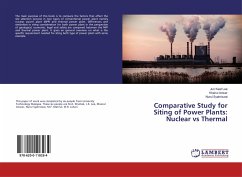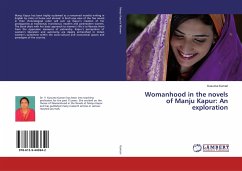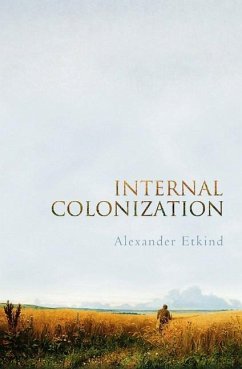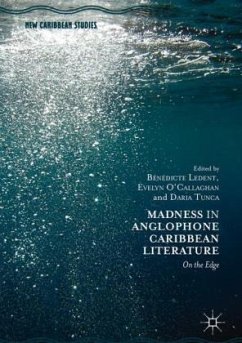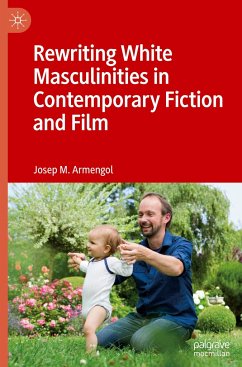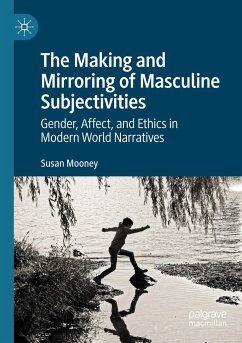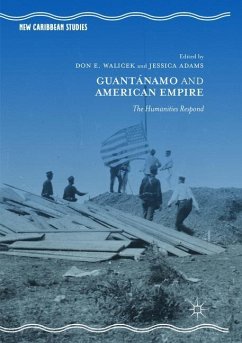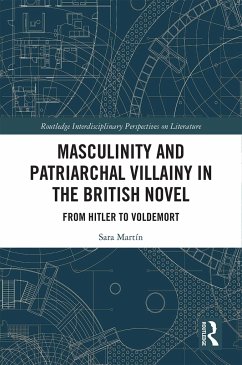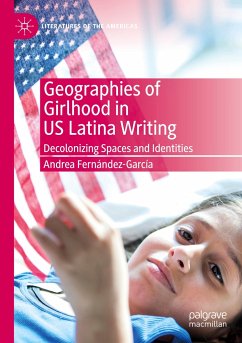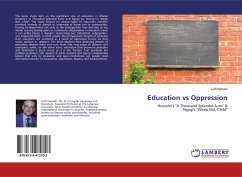
Education vs Oppression
Hosseini's "A Thousand Splendid Suns" & Ngugi's "Weep Not, Child"
Versandkostenfrei!
Versandfertig in 6-10 Tagen
27,99 €
inkl. MwSt.

PAYBACK Punkte
14 °P sammeln!
This book sheds light on the significant role of education in Khaled Hosseini's "A Thousand Splendid Suns" and Ngugi wa Thiong'o's "Weep Not, Child". The study focuses on diverse types of education whether provided formally at schools or informally at home and in communities, tracing its importance not only in the protagonists' lives but also in the whole country during years of turbulence. Afghanistan in Hosseini's novel is not unlike Kenya in Ngugi's, concerning war, bloodshed, subjugation, and impoverishment. In both novels, the protagonists' dreams of pursuing their education are shattered...
This book sheds light on the significant role of education in Khaled Hosseini's "A Thousand Splendid Suns" and Ngugi wa Thiong'o's "Weep Not, Child". The study focuses on diverse types of education whether provided formally at schools or informally at home and in communities, tracing its importance not only in the protagonists' lives but also in the whole country during years of turbulence. Afghanistan in Hosseini's novel is not unlike Kenya in Ngugi's, concerning war, bloodshed, subjugation, and impoverishment. In both novels, the protagonists' dreams of pursuing their education are shattered as a result of oppressive forces, be they social, political or religious. The book explores how depriving people of education disarms them and turn them into easy preys of violence and repression, while, on the other hand, education that promotes prejudice and fanaticism is much worse as it is the 'factory' that produces the ruthless predators. Still, against all odds, Hosseini and Ngugi unequivocally believe that only by education and open-mindedness can people resist detrimental powers of occupation, oppression, bigotry, and backwardness.



